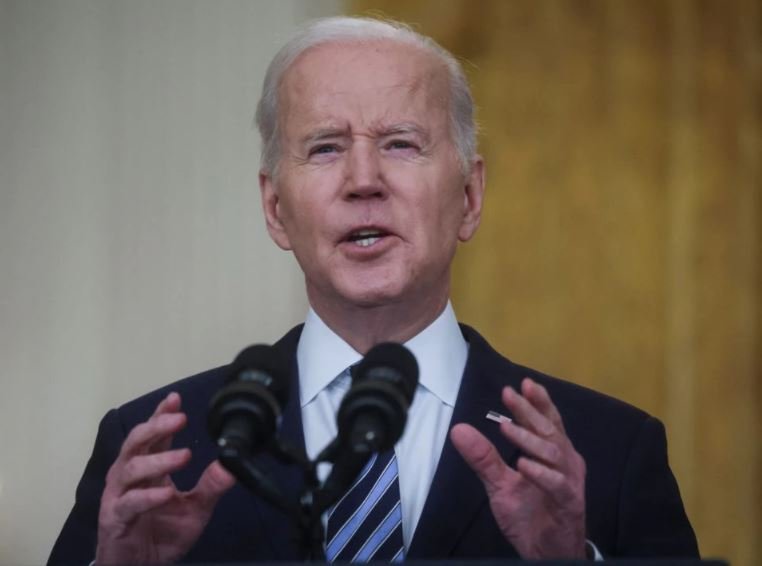Olubunmi Kuku, the Managing Director of the Federal Airports Authority of Nigeria (FAAN), has indicated that only three of the 22 airports under its supervision are profitable and contribute significantly to the expansion of the aviation sector.
Kuku, who appeared on Channels TV’s morning show on Tuesday, claimed that 19 of the country’s FAAN airports were being subsidised since they did not receive enough passenger flow to cover their operational costs.
She added that the majority of the 22 airports handled by FAAN require maintenance and enhancements to vital infrastructure, such as terminal areas, landside, and airside.
The statement by the FAAN MD tallies with findings by the Chronicle NG that only four out of over 30 airports in the country are economically viable, contributing N5.57tn to foreign trade in 51 months.
Between January 2020 and March 2024, the four airports—Nnamdi Azikiwe International Airport, Muritala Mohammed Airport, Kano, and Port Harcourt—contributed a total of N529.68 billion in exports and N5.05 trillion in imports.
These statistics show that most airports are not economically viable for supporting international trade, despite aspirations by various state governments to begin building airports ostensibly to promote trade.
During the interview, the FAAN MD stated that the authority intends to grant cross-subsidies to select new airports in development.
“I started by saying that we have 22 airports, which we own and manage,” Kuku said.
“We also have about six or seven airports that are either owned by state governments or private individuals or entities, which we also support with either aviation security or fire and rescue services.
“We have several states in the north as well as in the southwest that are coming up with new airports. I would say that based on the statistics today, only three of the 22 airports are actually profitable and contribute largely to the sustenance of the airport companies that we run.
“I would also say that we are cross-subsidising the other 19 airports today, and in most instances, we will substitute or cross-subsidise for some of the airports that are coming on board as well,” she added.
Kuku stated that FAAN allocates 50% of its revenue to the federal government, which presents a huge challenge.
She also stated that the authority was in discussions with several departments of government to examine potential relief measures.
According to the FAAN’s MD, passenger traffic correlates more strongly with GDP growth and economic activity than with the development of new airports.
Kuku stressed the need to target activities such as trade, industry, and tourism to increase airport traffic.










